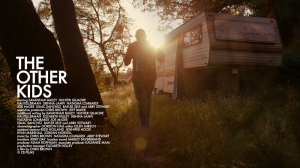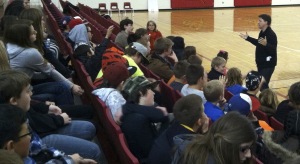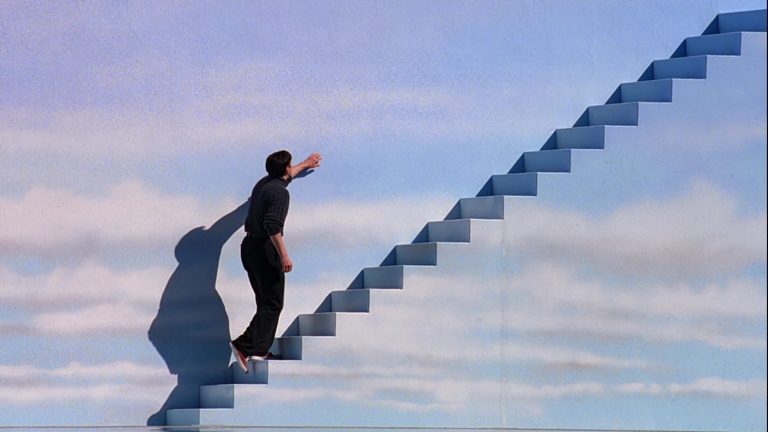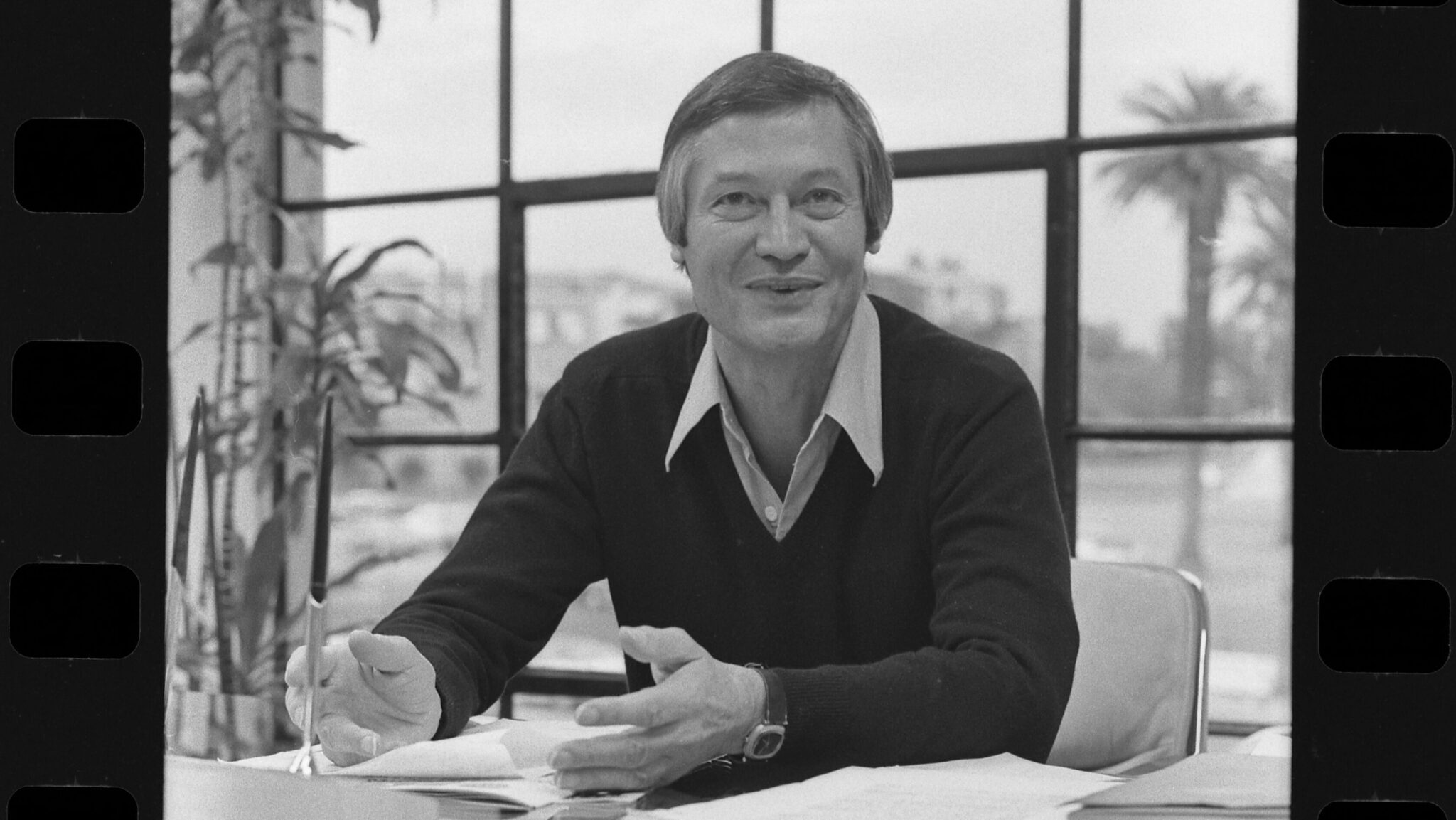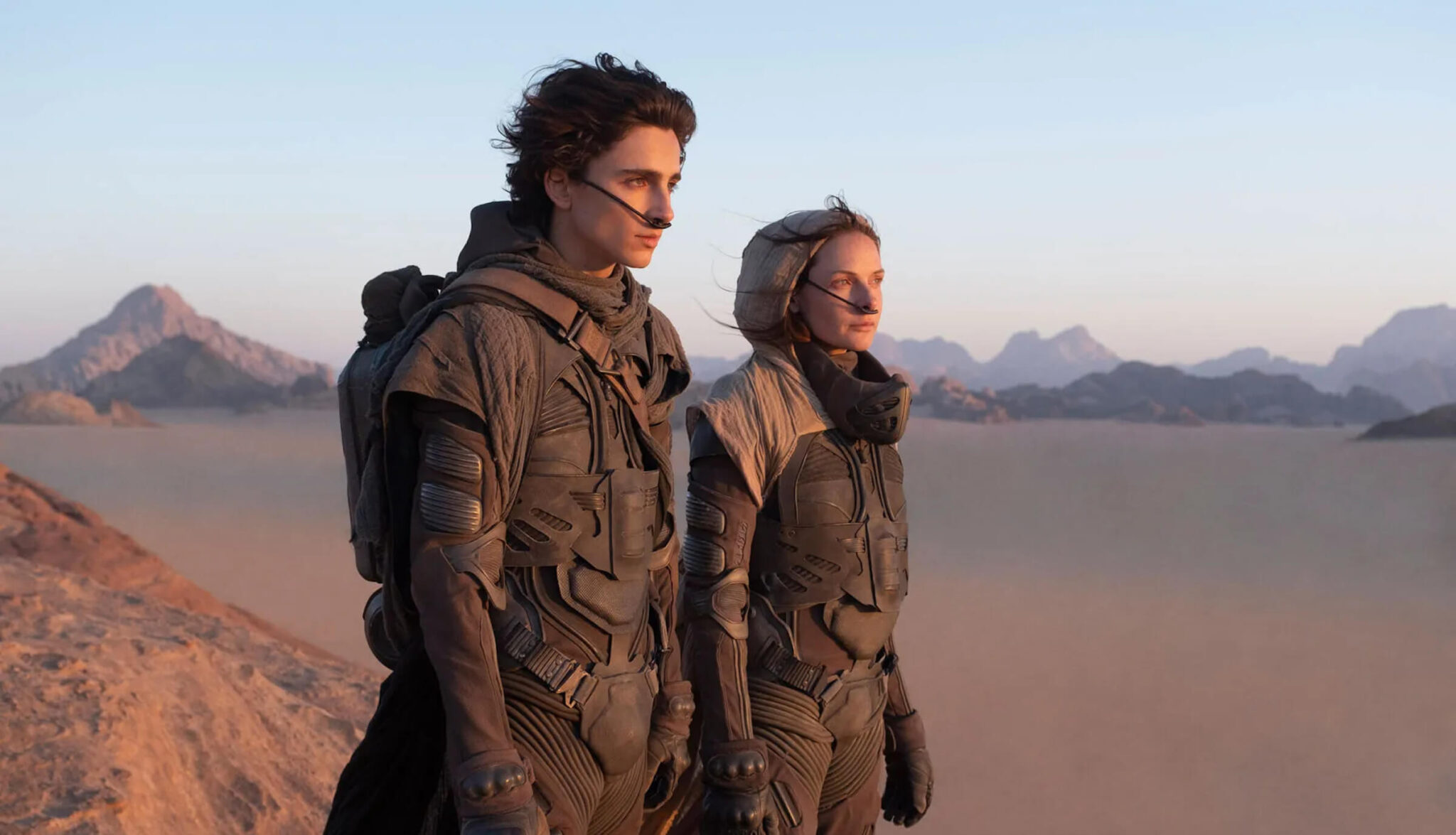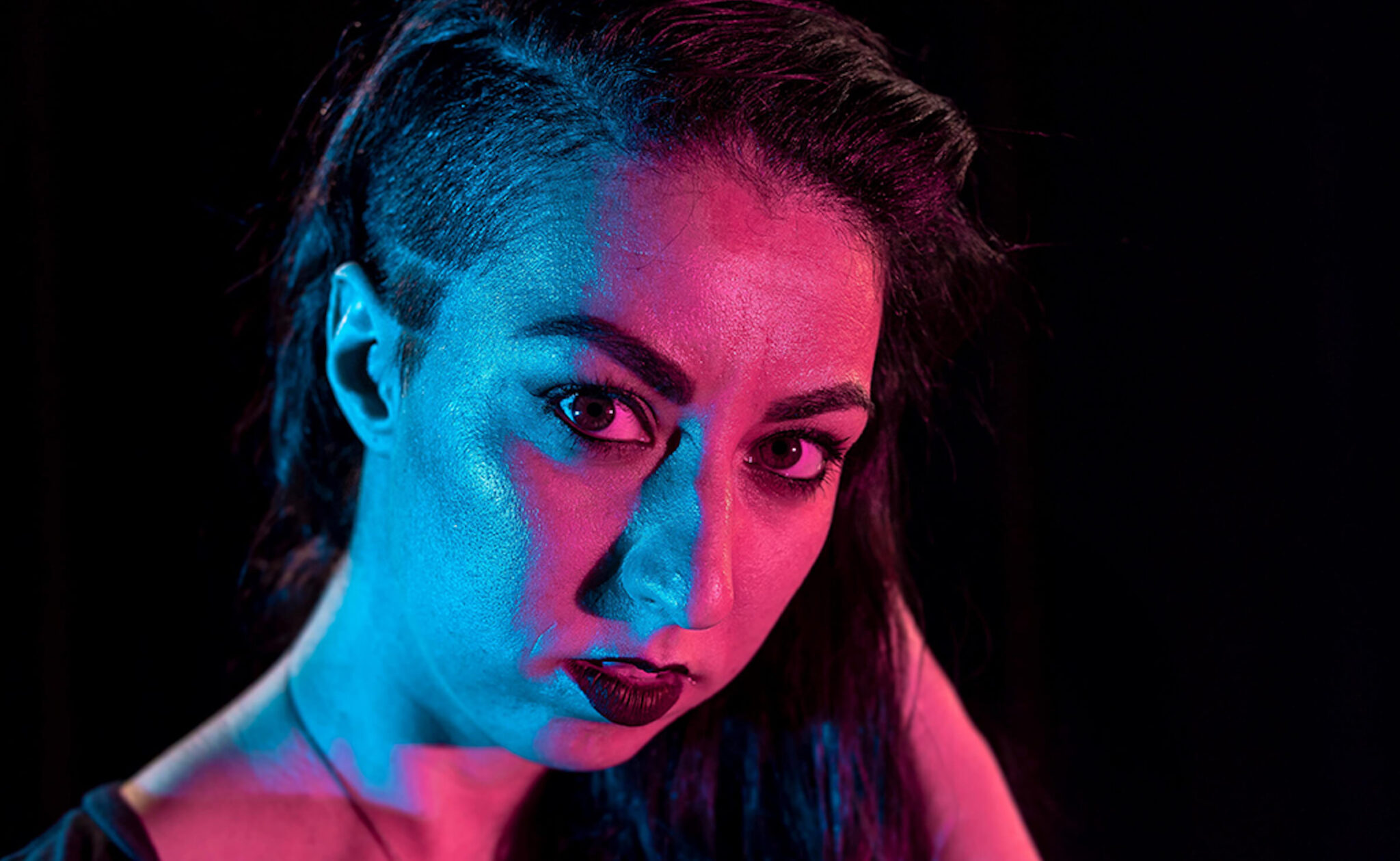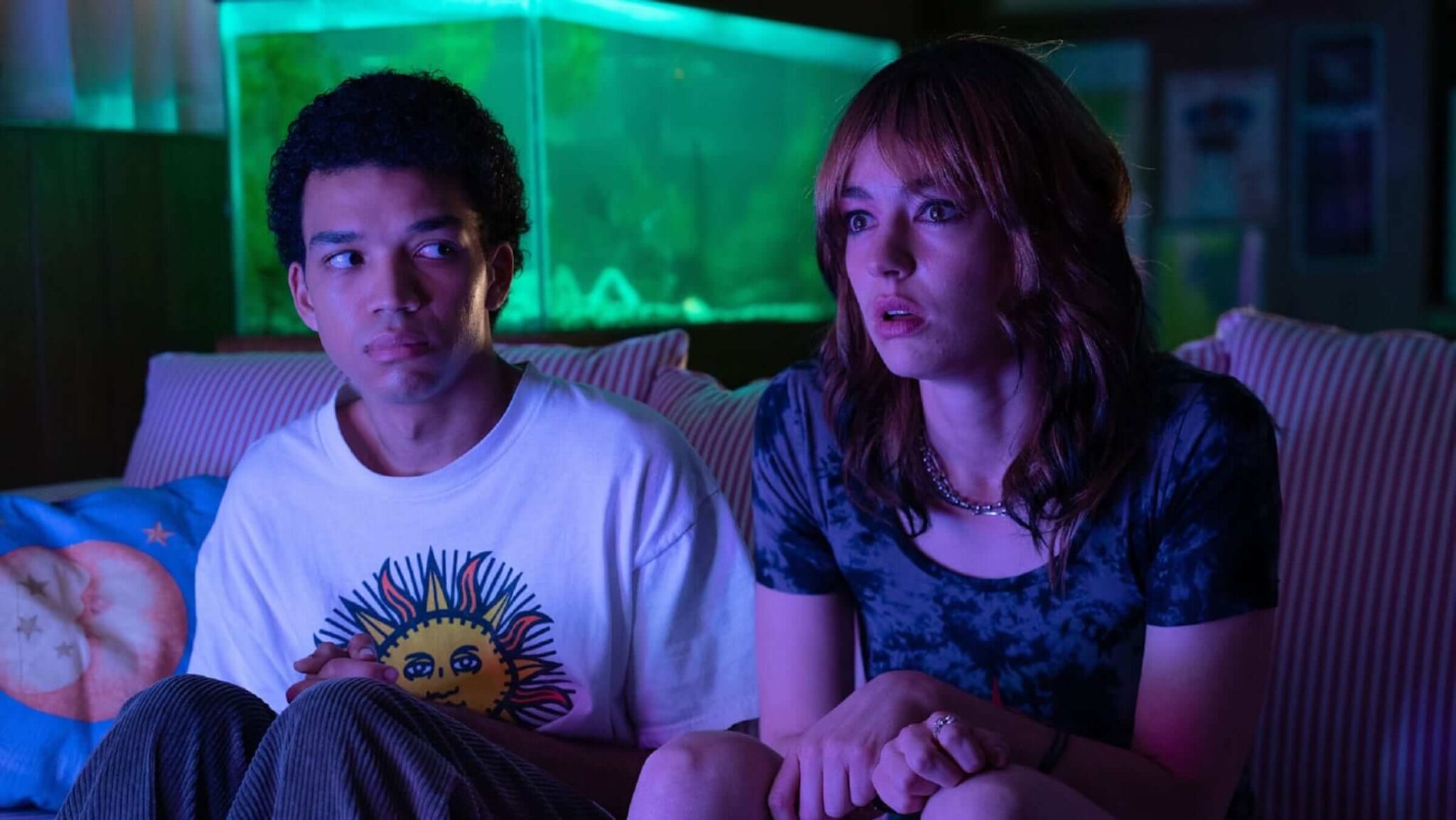
CHRIS BROWN (director) has been making award-winning features and documentaries in San Francisco for over a decade. His third feature, FANNY, ANNIE & DANNY (2010), won 16 awards internationally, was hailed as "an indie masterpiece" by THE HUFFINGTON POST and a "Critics' Pick" by THE NEW YORK TIMES. A RIVER CHANGES COURSE, the groundbreaking feature documentary that Brown edited and associate produced, won 10 awards internationally, including the GRAND JURY AWARD at the 2013 Sundance Film Festival and BEST DOCUMENTARY FEATURE at the 2013 San Francisco Int'l Film Festival. Brown also edited and co-directed the environmental documentary THE NEXT FRONTIER, which won the 2011 Regional EMMY Award for BEST DOCUMENTARY.
Brown's previous films include DAUGHTERS (“Something as genuinely unpretentious as Chris Brown's debut feature seems an anomaly,” – VARIETY), SCARED NEW WORLD ("Solidly in the tradition of pioneer indie pics like Cassavetes' 'Shadows'," – VARIETY), BATTLESHIP CONTEMPKIN ("Gorgeous...you should check this film out if at all possible," – FILM THREAT), LOST CAT ("Defies categorization...hilarious," - SAN FRANCISCO CHRONICLE), and the 1999 San Francisco Int'l Film Festival Golden Gate Award winner, OFFICE FURNITURE.
- What inspired you to become a writer/director?
Filmmaking is the only thing I’ve ever wanted to do. I made my first little movie when I was 10 years old (“The Werewolf!” Have you seen it? It was a huge hit around the house), and my total love of filmmaking has never flagged. I get just as excited on the set today as I did when I had braces.
- Who and/or what are some of your key influences?
My key influences include Truffaut, Shirley Clarke, Cassavetes, Mike Leigh, Spike Lee, Spielberg, Charles Burnett, Altman, Rick Schmidt, the Maysels Bros, Kubrick, DA Pennebaker, Godard, Woody Allen, Renoir…I could go on and on. The funny thing is, the older I get, the less my films resemble other films and the more they seem to resemble life. I ‘m sure that this is a natural progression.
- What were some of your early jobs on set?
I started out in the camera department, worked as a DP on every project I could, small or medium-sized through college and afterwards so that I could learn as much as possible about the visual aspect of the medium, as well as the practical aspects of running a set. I shot weddings, surgeries, commercials, shorts, features, docs, court depositions, everything. At one point, I served as a camera assistant on MTV’s THE REAL WORLD. Gradually, I transitioned to the editorial department, which probably better suits my futzy need to be able to see projects through to the very end. Now I split my time between directing and editing, toggling back and forth between fiction and documentaries.
- What lessons have you learned on your first three features that you made sure to follow on The Other Kids?
This is a great question. You learn something from every film that you make. I’m still drawing on some of the lessons I learned as a teenager. I think that my first feature, DAUGHTERS, taught me how difficult it is to make a feature! I had made countless shorts up until then, but nothing adequately prepares you for that leap to the longer format. Shorts are to features what jingles are to operas. It’s just a totally different form. On my 2nd feature, SCARED NEW WORLD, I learned the value of on-set improvisation to get to the heart of a scene and make it work. In response, FANNY, ANNIE & DANNY, my third feature, followed a crazily rigorous visual plan and was scripted within an inch of its life. FANNY dealt with a highly dysfunctional family. Although it was an uncomfortable world to inhabit for the length of the production, it was wonderful to see how it resonated with audiences, who would surround us after screenings and want to talk about their own families. After working on something as carefully controlled and composed as FANNY, ANNIE & DANNY, I was hungry to throw away all of my working methods and start completely fresh. THE OTHER KIDS is probably a direct reaction to the restrictive nature of FANNY. It’s also a natural outgrowth of my documentary work.
- What are “finishing funds?”
At this writing, we’re in the middle of the 3rd week of our Indiegogo campaign to raise the funds to finish THE OTHER KIDS. This work includes the edit, color correction and mix.
6. How do they play into the release of the film?
Everything we raise beyond our 30K funding goal will help finance our outreach campaign to bring THE OTHER KIDS to high schools across the country. This is really our ultimate goal. For every festival we play, we want to hold a free screening in a nearby high school to show kids how the film was made and to encourage them to open up and tell their own stories.
7. Why is the social message of The Other Kids so important to you?
I grew up liking the same high school movies that everyone else did. But, for whatever reason, I don’t think I ever recognized myself, or my high school experience, in any of these films. Most teen movies are made by middle-aged people who seem completely detached from their own teenage memories. The result is a long list of regurgitated, rehashed, progressively more faded cliché high school stories that bear no resemblance to anyone’s actual life.
I wanted to make a high school movie that felt REAL, that wasn’t a collection of stereotypes and situations that we’ve seen a thousand times, but an honest expression of the specific teenagers in this film. THE OTHER KIDS isn’t meant to be a universal story. It’s very, very specific to this time, this place, and these characters.
8. What’s the most important thing you’ve learned since you began writing?
Don’t fill your shelves with too many books on writing. Especially screenwriting! I just hauled another bag of those damned things to Goodwill. Yeah, I have my favorite sources of help & inspiration (The Art of Dramatic Writing, Save the Cat, Screencraft.org), but if you’re not careful you can become paralyzed by too much advice and too much research. If you want to write, then sit in the chair and do it. Set a daily page goal and meet it. Rinse and repeat.
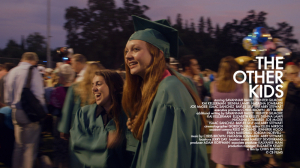
9. What other projects do you have or are you working on?
I have a huge stack of films that I want to make, large and small – a dark romantic comedy, a political thriller, a dramatic TV series, a horror film, even a sci-fi film, all with a personal twist. Every film I make tends to be vastly different from the prior film, not only thematically but formally. With every project I guess I’m looking to understand more about the world and more about the medium of film. The learning process is endless, and that’s what I love about it.
10. What’s the best piece of advice you were ever given?
“Do what you love!” My favorite teacher in high school, Tim Peck, told me this when I was 17, and it has forever been tattooed on my soul.
Tags
Get Our Screenwriting Newsletter!
Get weekly writing inspiration delivered to your inbox - including industry news, popular articles, and more!

